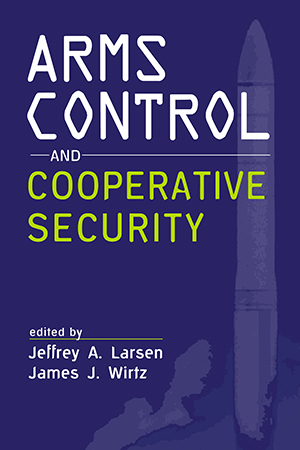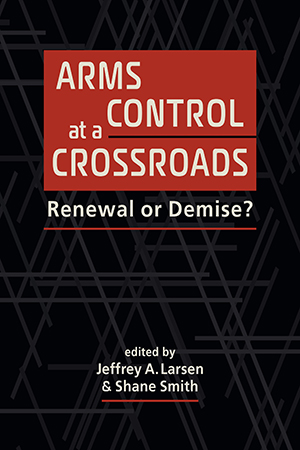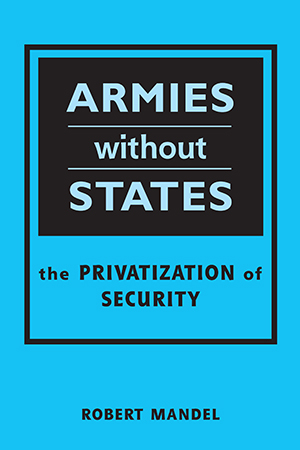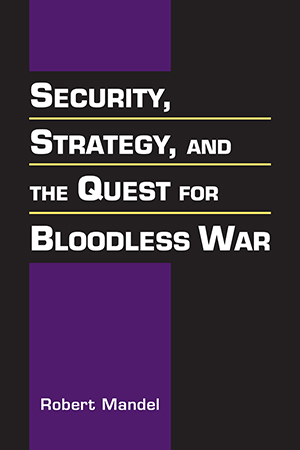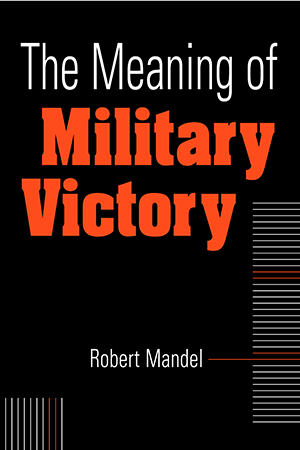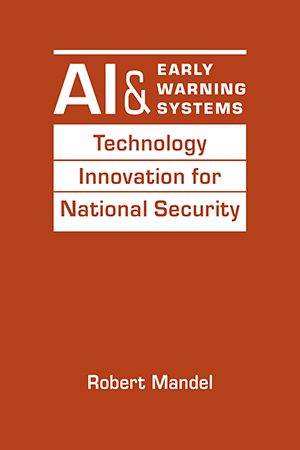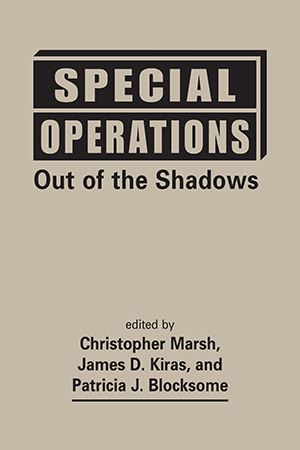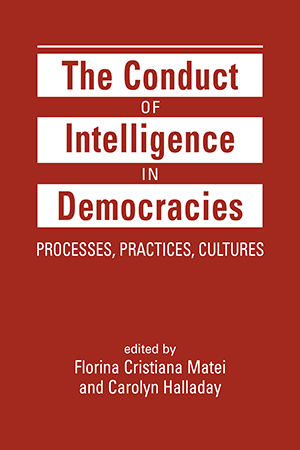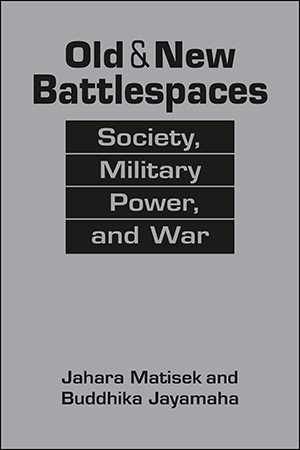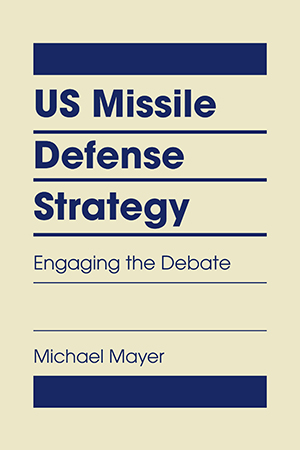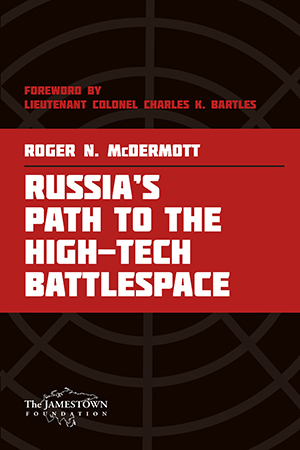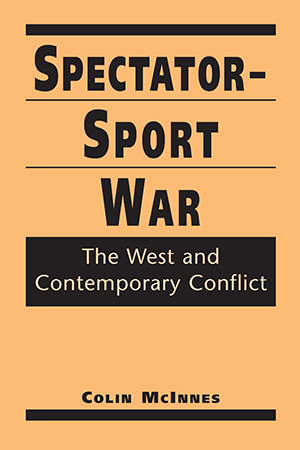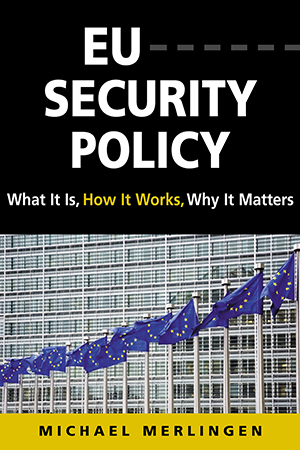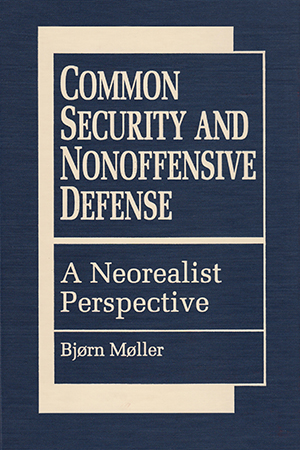Security and Intelligence Studies
Reflecting the ongoing debate about the value of traditional arms control in today’s security environment, Arms Control and Cooperative Security thoroughly covers this complex More >
Is there a role for traditional arms control in today’s increasingly complex security environment? What new concepts and mechanisms are needed to make it valuable as a tool for More >
What does the increasing use of private security forces mean for governments? For individuals? Armies Without States offers a comprehensive analysis of the varieties, causes, and More >
In recent decades, government and military officials alike have pushed increasingly in the direction of "bloodless wars," where confrontations are undertaken—and ultimately More >
How has the concept of victory evolved as the nature of conflict itself has changed across time, circumstance, and culture? And to what end? Robert Mandel addresses these questions, More >
From the September 11 attacks to the coronavirus pandemic, recent deficiencies in early warning systems have been jolting, reflecting startling failures of intelligence and security More >
Why have special operations forces become a key strategic tool in the conduct of modern warfare? How do these specially trained and equipped elite units function? What types of missions do More >
What are the role and place of secret services and covert operations in democratic settings? How do states balance the need for both secrecy and openness? What are the challenges to creating More >
War is changing. The cybersphere, civil society, outer space ... all are emerging as domains in which battles are fought. What drives this shift? How is it affecting the character and More >
Thoroughly examining the deliberations over NATO enlargement in twelve countries—five current members of the alliance; three invited to join in the first round of enlargement; two More >
Why has the United States continued to develop ballistic missile defenses in an era of irregular warfare and asymmetric terrorist threats? How does missile defense contribute to US global More >
Roger McDermott traces the origins and trajectory of Moscow's modernization of its armed forces to exploit technology and adopt new approaches to warfare. Drawing extensively on More >
Following a century dominated by global conflict—and despite the unchanging nature of the human suffering it causes—the nature of war itself, argues Colin McInnes, has been More >
What is the European Union's security and defense policy (CSDP)? How does it work? Does it make a difference in international security affairs? How do other global actors react to More >
Bjorn Møller explores the implications of switching to a new type of defense structure, nonoffensive defense (NOD), that would maintain an undiminished—or even More >


